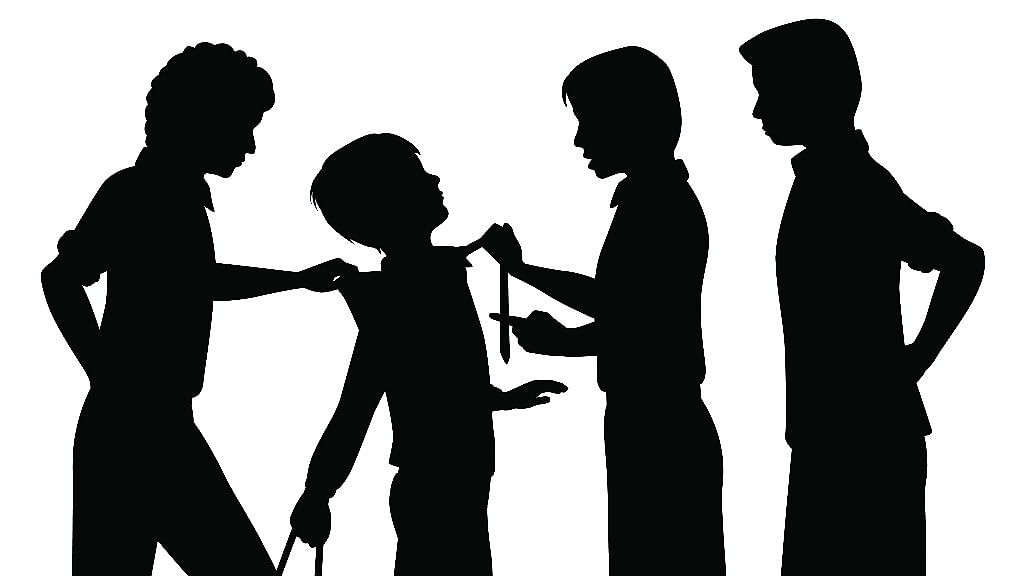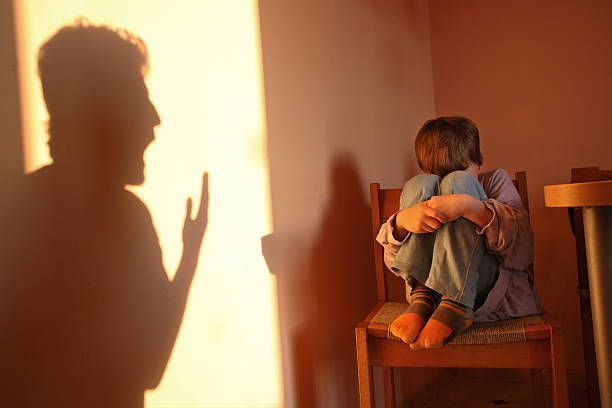The dangers of too much screen time for your young ones

Almost every tech-savvy parent in our times can swear by the power of Cocomelon and Baby Shark cartoons in dealing with toddler tantrums. In fact, parents nowadays know every word in these nursery rhymes.
While such cartoons are almost always effective to distract your child as you go about your duties, you might want to rethink using screens as a distraction tool.
As we the world marks world television day today, to celebrate the positive impact that television has had on our lives, here are some ways too much screen time can hurt your child.
Screens affect the ability of your child to concentrate
Most learning depends on a child’s ability to concentrate and focus. Learning also happens when your child is exposed to external stimuli from their environment.
Unfortunately, constant exposure to images from a screen hijacks your child’s attention and denies them an opportunity to experience other stimuli in their sorroundings.
Screens hinder empathy in children
When a baby has not yet developed verbal communication skills, they rely on non-verbal cues not just to communicate but also to develop empathy by reading the face.
According to research, screens do not offer face-face interactions and thus they are denied a chance to develop empathy and other important social skills. Too much screen time also means that the baby is not able to interact with other children which is vital in growth and development.
SEE ALSO: How to choose appropriate video games for your child
Screens prevent your child from controlling their impulses
Believe it or not, your child needs to be bored sometimes! This stimulates the development of coping mechanisms and some level of control. It also introduces your child to the realities of life which has ups and downs.
When your child does not have access to a screen to kill their boredom, it will stimulate their imagination and creativity as they try to find ways to beat boredom.
Language development
Children develop their language skills by listening to their parents speak and trying to imitate them. Unfortunately, when a screen is present even if in the background, adults around the child speak less.
In fact, research has shown that the average parent speaks about 940 words per hour when their child is around. With a screen around, the number falls to around 770 words which translate to lesser opportunities for your child to learn.
Sleep problems
Ever wondered why lately your toddler is the first to wake up and the last to sleep? If you guessed screen time you are correct! Researchers say that the more time a child spends in front of a screen, especially in the evenings, the more difficult it becomes to get them to sleep.
This is an issue of concern, especially because sleep is very important for a baby’s growth and development.
What to do…
Various peadiatric bodies around the world recommend that children under 18 months should not have any screen time and that those above two years should get not more than an hour every day.
If you need to work and your infant is having a tantrum, try healthier ways of distraction like holding them and rocking them or carrying them and singing to them. You can also change the environment and get healthier games that will engage their senses and keep them busy. It also helps to get some help around the house.







